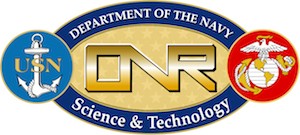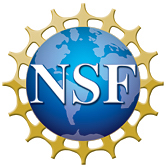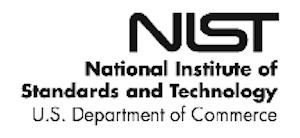Project Title: University Mobility Challenge: Designing Wayfinding Technologies that Blind and Older Individuals Can Trust
The main objective of this project is to engage designers and researchers in designing a universally usable technology that supports navigation and environmental awareness. Studies will broadly focus on working with individuals who identify as blind and/or as older adults. The work is in collaboration with Dr. Stacy Branham at UCI.

Project Title: Tactile Authentication Methods for Mobile Devices in Cyber-Security Settings
The researchers seek to better understand the capabilities of mobile devices in cyber security applications involving tactile authentication, where visual, movement-based, or tactile feedback from the device or provided to the device is integral to the authentication mechanics…see more…

Projec Title: Online searching in a foreign language
A strong disparity exists between the language distribution of Web content and the representation of speakers of different languages among Web users. While the majority of content on the Web is in English, English language speakers account for only about one-fourth of all Web users. This disparity forces many non-native speakers of English to search in English to satisfy their information needs. see more…

Project Title: CHS: SMALL: Stress Reflection Systems in Medical Team Training
Researchers from UMBC’s departments of information systems (IS) and emergency health services (EHS) are joining forces to help improve the lives of paramedics. The goal of the project is to design, develop, and evaluate a Team Stress Reflection system, assessing its effect on stress discussions and comprehension in medical personnel team training. see more…
Project Title: CDI-Type II: GLOBE: Evolving New Global Workflows for Land Change Science
GLOBE is an NSF funded project composed of UMBC researchers and students from Computer Science and Electrical Engineering (CSEE), Geography and Environmental Systems (GES), and Information Systems (IS). It is an online collaborative environment that enables land change scientist and researchers to synthesize and integrate local and regional case studies to assess the global relevance of their work. see more…
Project Title: Workshop: Coordinating the Science of Team Science
Two coordination workshops, and supporting organizational meetings, are proposed for United States federal agencies that have programs currently funding research into scientific virtual organizations. These efforts support an emerging “Science of Team Science” that seeks to understand the sociotechnical infrastructure required for successful distributed eScience practice. see more…
Project Title: Workshop: Building Capacity for Sociotechnical Innovation in Next-Generation Network Applications
This proposal seeks to further a network of sociotechnical researchers in academia and industry capable of developing innovative applications that leverage next-generation gigabit networking infrastructure. This will foster new multidisciplinary partnerships between the social and computing sciences that will challenge established researchers and develop a new generation of students capable and confident in working in this area. see more…
Project Title: EAGER: Exploring Appropriate 3D Printing Paradigms in Special Education
Three-dimensional (3D) printing is a promising technology that is gaining acceptance in mainstream education as a means to engage students in real world problem solving, design, and STEM (science, technology, engineering, and math) topics. This technology offers unique and exciting benefits in special education classrooms allowing students, instructors, and therapists to quickly design and produce customized physical objects such as tangible learning aids or custom assistive technology. see more…
Project Title: CHS: Small: Gestural Image Annotation Systems in Coordinated Surgical Practice
Gestures, deictic referencing (pointing at objects and regions of interest), and manipulation of digital images are an integral aspect of decision making in collaborative scientific and medical work. In modern minimally invasive surgical interventions, medical imaging has come to play an increasingly important role, but due to concerns of asepsis image manipulation during surgical decision making are typically constrained. In this project, the PI will explore the use of new technology such as the Kinect to address this issue, by developing techniques for “touchless” interaction to coordinate and enhance communication among team members in the operating room. see more…





